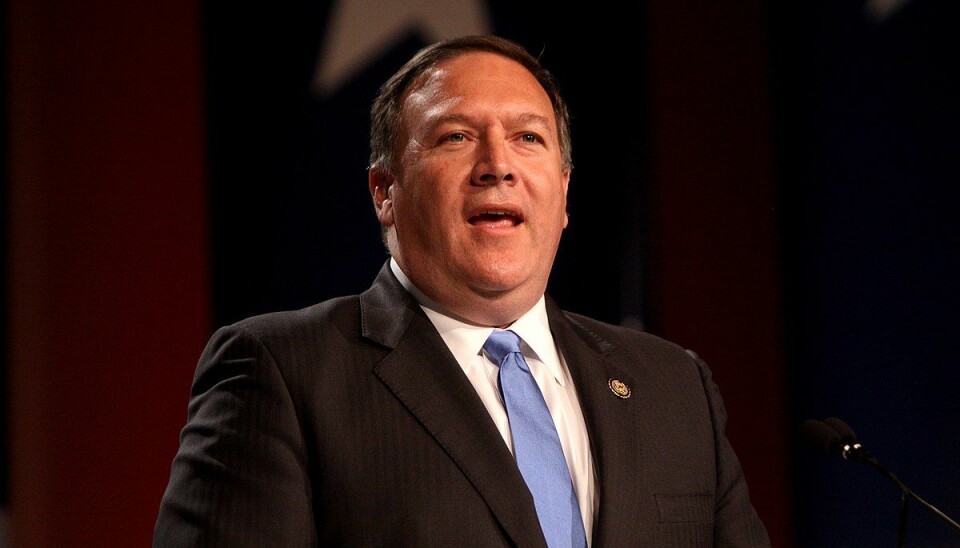For å lese pluss-artikler må du være abonnent
Et abonnement gir tilgang til alt innhold og vi har følgende tilbud
KOMMENTAR

I går kveld sendte NTB ut en melding, blant annet bygd videre på hos NRK Urix med overskriften «Pompeo: – Trump er forberedt på å gripe inn militært mot Tyrkia.»
Dette var hentet fra en sak hos CNBC med samme innhold, som også mange amerikanske og internasjonale medier har plukket opp. Men CNBC fremstiller dette misvisende i sin overskrift, slik blant annet David Frum og Conor Finnegan hos ABC News har påpekt.
Her er hva Pompeo faktisk sa, i henhold til utskriften fra CNBC-sendingen:
WILFRED FROST: So, the ceasefire may well do that. And we all pray and hope that it does. But nonetheless, as you just said, and as you said clearly as well last week in an interview, that President Trump explicitly told President Erdogan not to do this in that phone call. Nonetheless, he went ahead and did it. And lives have been lost, as a result. The punishment is economic sanctions that have last, what, five, ten days? What would warrant now a military response from the US, bearing in mind, of course, we've seen a state in state, your words, attack by Iran on Saudi Arabia as well?
SECRETARY OF STATE MIKE POMPEO: I'm sorry— a military response to what action?
WILFRED FROST: What would warrant a military response in the region from the US today? If it's not seizing of an ally's land and killing of allied lives, albeit not one with a sovereign state.
SECRETARY OF STATE MIKE POMPEO: Yeah. Look, I never get out in front of the president's decision about whether to take the awesome undertaking of using America's military might to protect American interest. But the world should know. We've done it before. We took strikes into Syria when chemical weapons were used. We did it to uphold the fundamental norm that chemical weapons can't be used. The previous administration refused to enforce this basic, decent human rights norm. We did it. And the world should know that we will continue to do that. Where we see American interests at stake or fundamental norms around the world that need to be enforced, we'll use all the powers that we have. You suggested the economic powers that we've used. We'll certainly use them. We'll use our diplomatic powers as well. Those are our preference. We prefer peace to war. But in the event that kinetic action or military action is needed, you should know that President Trump is fully prepared to undertake that action.
Tidligere i sendingen har Frost tatt opp det faktum at USA blir mindre og mindre avhengig av oljeimport fra Midt-Østen: “Does that alter the long-term commitment that the U.S. administration has to the Carter Doctrine that the U.S. would use military force when necessary to defend its interests in the region? Pompeo: No, it doesn't change that doctrine at all.”
Vi ser altså at Pompeo ikke helt skjønner det første spørsmålet gjengitt over, og hvorvidt det dreier seg om Tyrkia, om Iran eller mer generelt om regionen. Han får klargjort til at det dreier seg om militær inngripen i regionen. Det kan hende Frost mente å spørre eksplisitt om Tyrkia, men da er det ekstra forvirrende at han presiserer dette til «regionen».
Den mest rimelige tolkningen er at det ikke er NATO-allierte Tyrkia som Pompeo sikter til i sitt svar. Isteden leverer han et generelt forsvar for at militære virkemidler i noen tilfeller er forsvarlige, og at USA har brukt disse i Midt-Østen før, og kan bruke dem igjen.
Mediekritikkspalten er støttet av Fritt Ord.